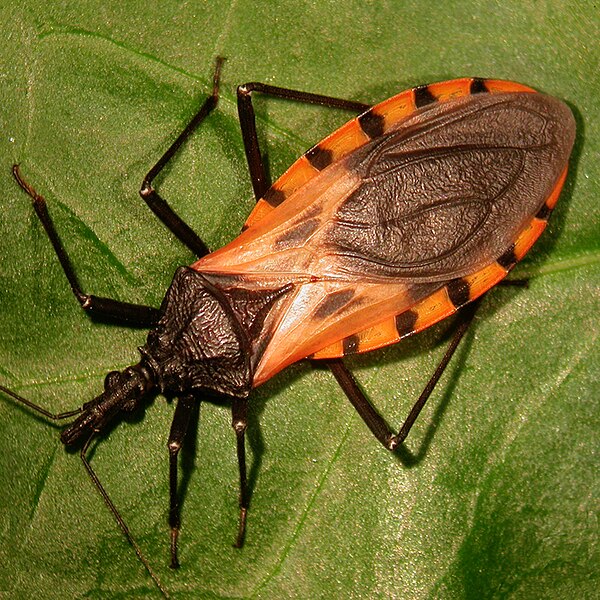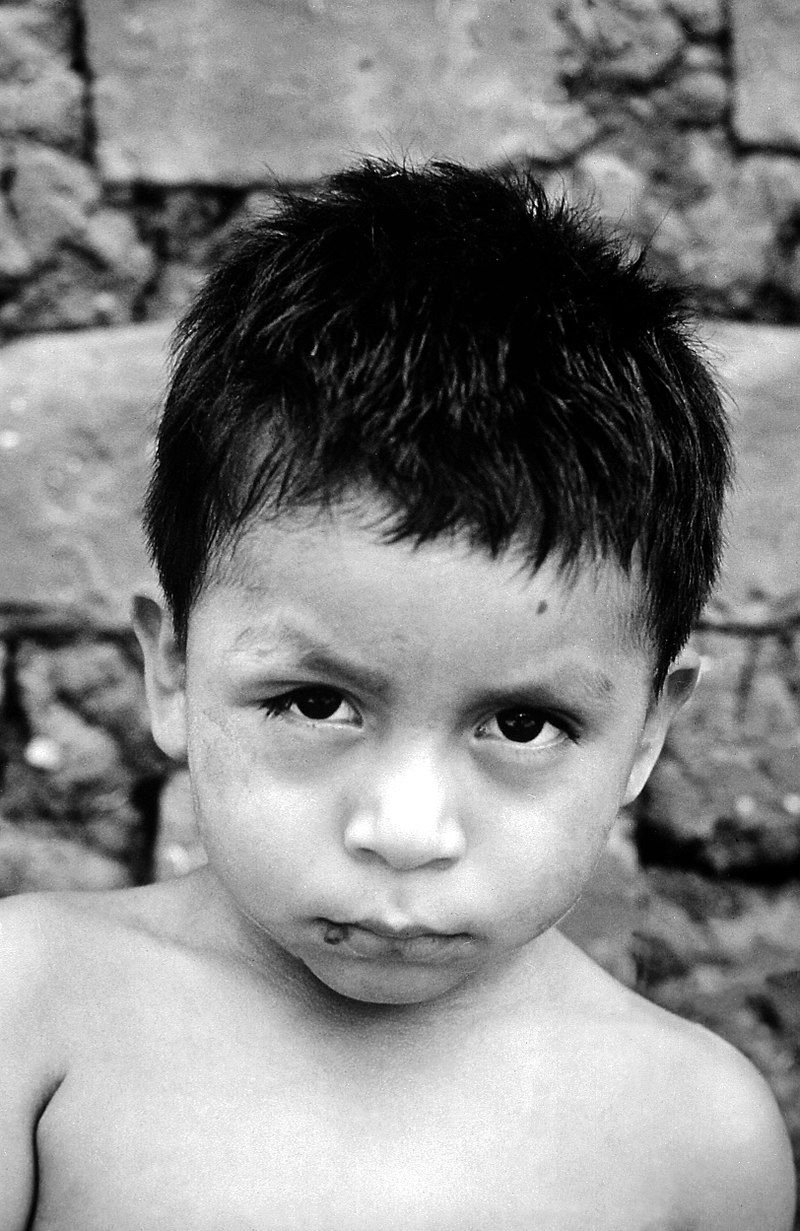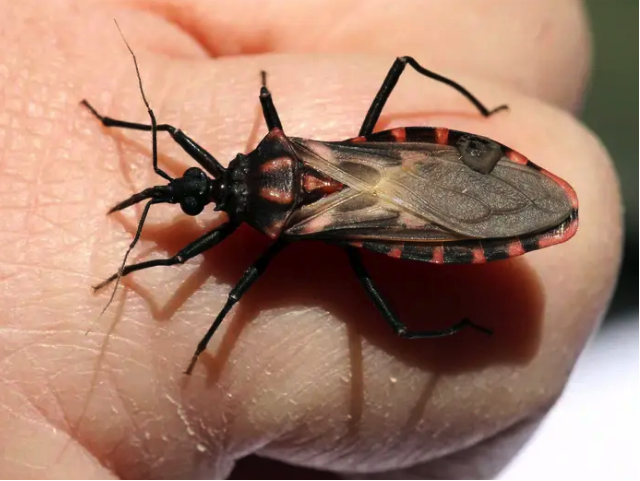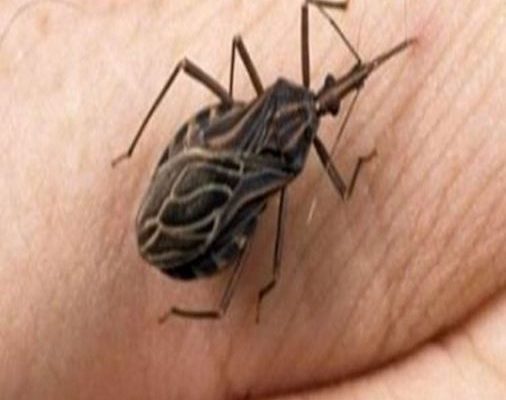Emiliana Rodriguez recalls a childhood moment when a friend unexpectedly died while playing nocturnal soccer, sparking her fear of the “monster” Chagas, a silent killer. Chagas disease, spread by nocturnal insects, affects up to 8 million people annually, killing 12,000 on average.
After moving to Barcelona 27 years ago, Rodriguez, now 42, learned she couldn’t escape Chagas. At eight years old, during her first pregnancy, tests revealed she carried Chagas. “I was paralyzed with shock,” she recalls, fearing for her baby. Fortunately, medication prevented transmission to her child.


Elvira Idalia Hernández Cuevas’ 18-year-old daughter Idalia was diagnosed with Chagas after donating blood in Veracruz, Mexico. Unaware of the disease, Hernández turned to the internet and was terrified by what she found. Seeking support, they encountered doctors with limited knowledge of Chagas. Eventually, Idalia received treatment through a family healthcare connection.
Chagas, discovered in 1909 by Brazilian doctor Carlos Ribeiro Justiniano Chagas, is prevalent in Latin America, North America, Europe, Japan, and Australia. The disease is primarily transmitted by kissing bugs in low-income housing. The bugs infect victims through bites and contaminated feces.
According to the CDC, around 8 million people in Mexico, Central America, and South America have Chagas, with many unaware of their infection. Untreated, Chagas can cause severe cardiac and gastrointestinal complications. The global case detection rate is only 10%, complicating treatment and prevention efforts.

In Mexico, Chagas is often mistaken for other heart diseases due to a lack of medical training. The WHO lists Chagas as a neglected tropical disease. Colin Forsyth from the Drugs for Neglected Diseases Initiative highlights that Chagas is neglected due to its asymptomatic nature and the affected populations’ lack of influence on healthcare policy.
Chagas can spread through organ transplants, blood transfusions, and from mother to child. Professor David Moore established the Chagas Hub in London to increase testing and treatment.
Though Chagas can be treated with benznidazole and nifurtimox, these drugs are outdated and have severe side effects. Rodríguez, who experienced hives, nausea, and dizziness during treatment, advocates for more potent medications.

Hernández, as president of FINDECHAGAS, and Rodríguez in Spain are raising awareness about Chagas. The WHO established World Chagas Disease Day on April 14 to promote global action against the disease. The CDC recommends sealing cracks, removing debris near homes, using screens, and keeping pets indoors to prevent infestation.
Share this story to raise awareness about this silent disease.



